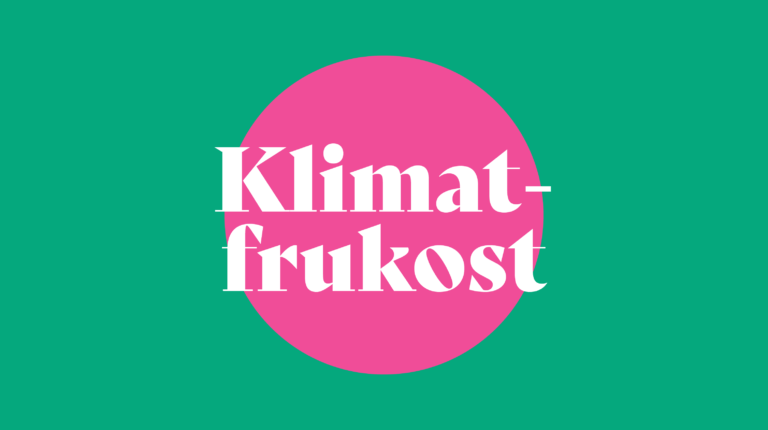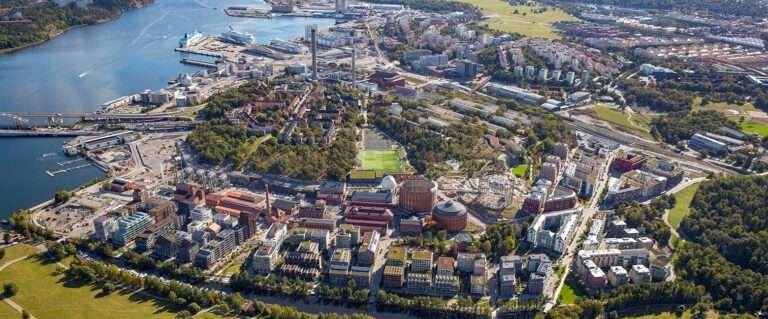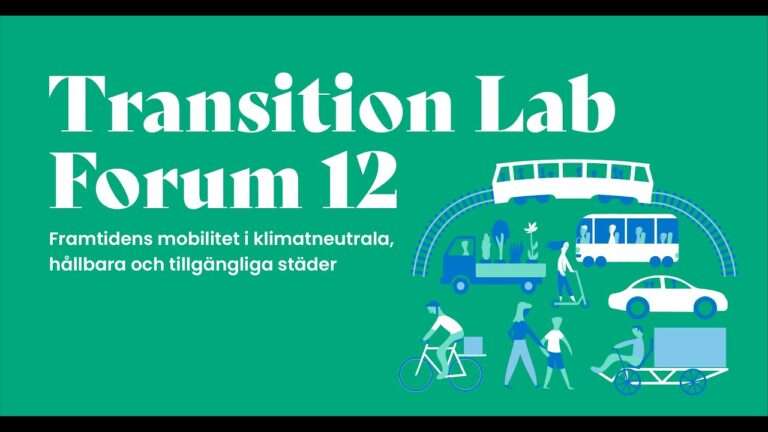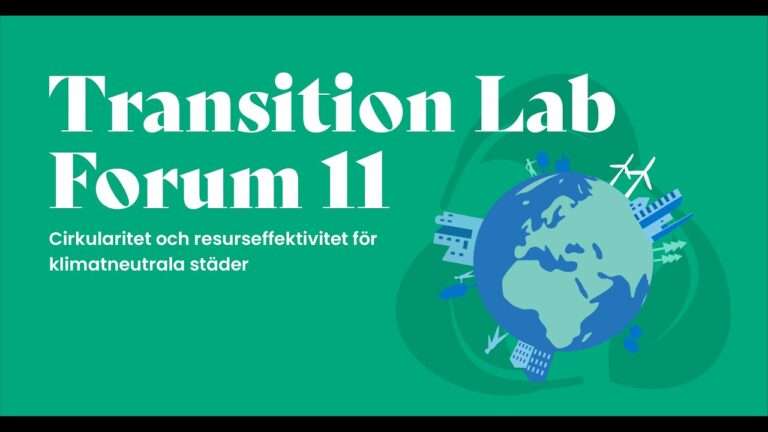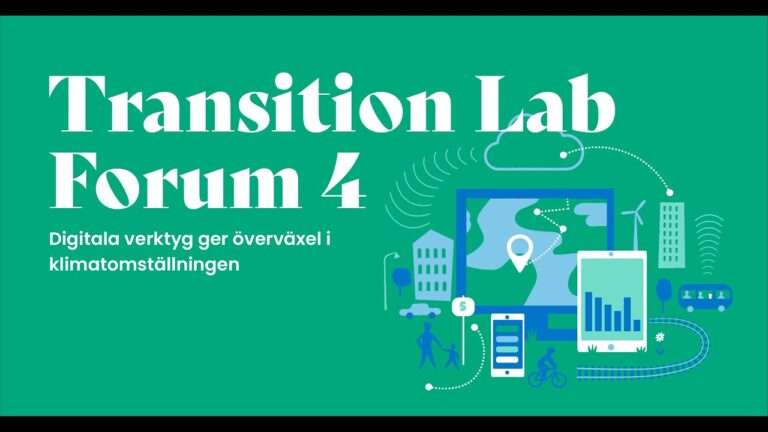Transition Lab Forum 16: Mobility and Places for Climate Neutral Cities
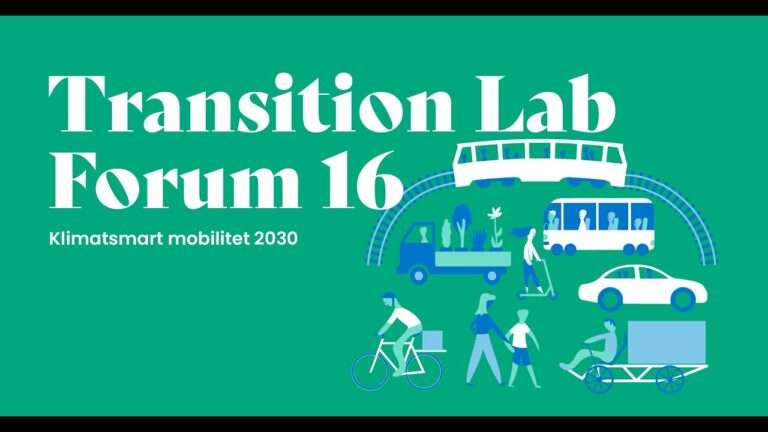
In today's cities, we travel in a way that is unsustainable, generating high emissions and using far more resources than the planet can sustain, while creating unequal conditions for citizens. To transform mobility and places for a climate-neutral future, we need radical implementation of existing and new solutions that can be scaled up and create the new normal. During Transition Lab Forum 16 in Gothenburg, we will delve into the future of places and mobility as a key issue in the transition to Climate Neutral Cities 2030.
